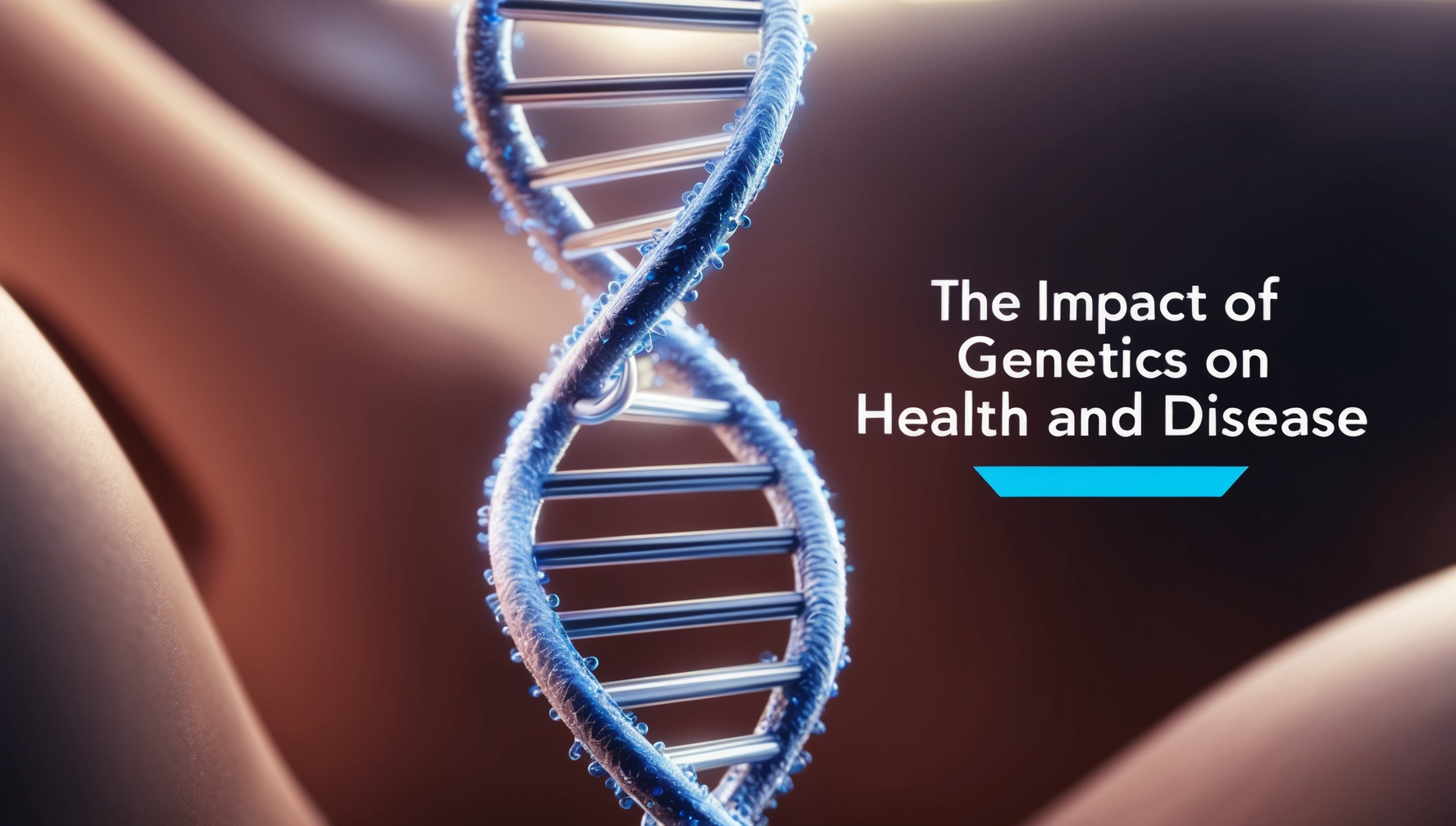Genetics plays a crucial role in determining an individual’s health and susceptibility to various diseases. Understanding the interplay between genetics and environmental factors can provide valuable insights into disease prevention and management. This article explores how genetic variations influence health outcomes, the importance of family history, and the role of lifestyle choices in mitigating genetic risks.
Genetic Variations and Disease Risk
Genetic variations, particularly single nucleotide polymorphisms (SNPs), are the most common type of genetic variation among people. These variations can significantly affect an individual’s risk for developing certain diseases. For example, research has shown that specific genetic markers are associated with conditions such as cardiovascular disease, diabetes, and various cancers. Understanding these genetic predispositions can help identify individuals at higher risk and guide preventive strategies.
- Complex Interactions: Most diseases are not caused by a single gene but rather by complex interactions between multiple genes and environmental factors. This complexity highlights the need for a holistic approach to understanding health and disease.
- Family History: Family history is often one of the strongest predictors of disease risk. Individuals with a family history of conditions like heart disease, diabetes, or certain cancers may have a higher likelihood of developing these diseases themselves. Gathering information about family medical history can provide critical insights into personal health risks and inform lifestyle choices and screening practices.
The Role of Environment and Lifestyle
While genetics significantly influences health, lifestyle choices and environmental factors also play a vital role in disease development. Research indicates that lifestyle factors such as diet, physical activity, and exposure to environmental toxins can interact with genetic predispositions, potentially exacerbating or mitigating risks.
- Lifestyle Medicine: Adopting a healthy lifestyle can help reduce the risk of developing diseases associated with genetic predispositions. For instance, individuals with a family history of type 2 diabetes can lower their risk by maintaining a balanced diet, engaging in regular physical activity, and managing weight.
- Epigenetics: The field of epigenetics explores how environmental factors can influence gene expression without altering the underlying DNA sequence. For example, lifestyle choices such as diet and exercise can lead to epigenetic changes that may reduce the risk of diseases like cancer and cardiovascular conditions.
The Importance of Genetic Testing
Genetic testing can provide valuable information about an individual’s risk for certain diseases. By identifying specific genetic markers associated with health conditions, individuals can make informed decisions about their health management.
- Risk Assessment: Genetic testing can help assess the risk of hereditary conditions, allowing for early intervention and preventive measures. For example, individuals with a known family history of breast cancer may benefit from genetic testing for BRCA mutations, which can inform screening and preventive strategies.
- Personalized Medicine: Advances in genomics are paving the way for personalized medicine, where treatment plans can be tailored to an individual’s genetic profile. This approach can enhance the effectiveness of treatments and minimize adverse effects.
Conclusion
Genetics plays a significant role in shaping health and disease outcomes, but it is not the sole determinant. Understanding the interplay between genetic predispositions, family history, and lifestyle choices is essential for effective disease prevention and management. By gathering information about family health history, making informed lifestyle choices, and considering genetic testing when appropriate, individuals can take proactive steps to enhance their health and mitigate genetic risks. Understanding why sleep is essential for health is also a vital component in these preventive strategies.
